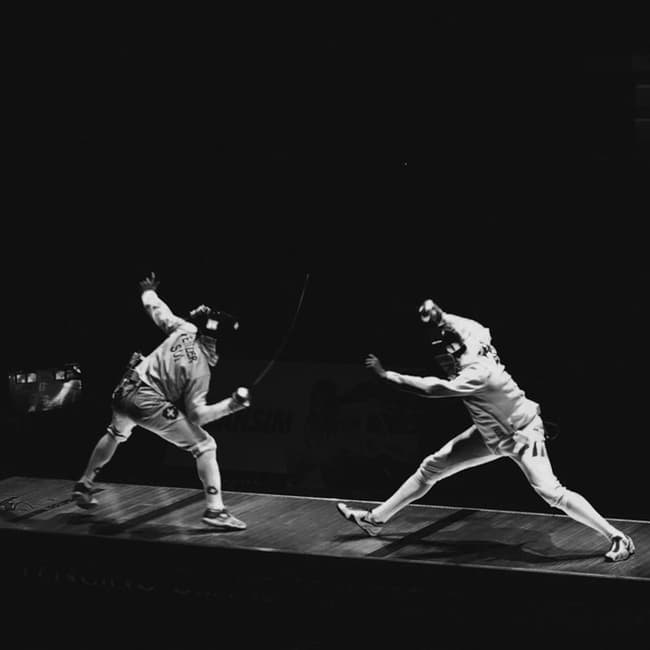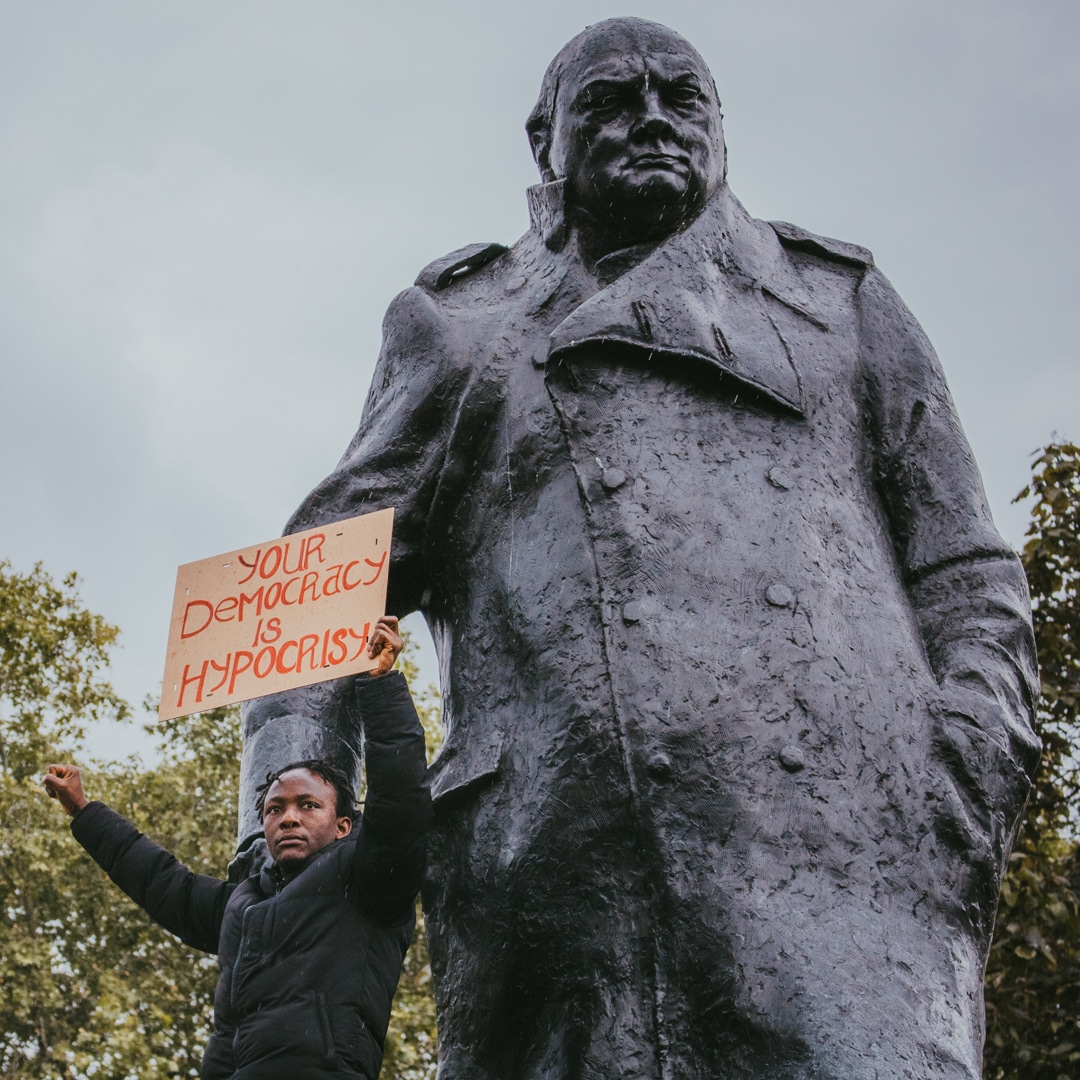
Ethics Explainer: The Sunlight Test
ExplainerRelationships
BY Kym Middleton The Ethics Centre 8 SEP 2016
You can use the sunlight test by asking yourself, would I do the same thing if I knew my actions would end up on the front page of the newspaper tomorrow?
It’s an easy way to test an ethical decision before you act on it.
This test is most useful as a guard against moral temptations – where we stand to gain a great deal for doing something unethical. Moral temptations are strongest when the likelihood of punishment is low and what you stand to gain outweighs the ethical costs of doing the wrong thing.
Here’s a quick example
Say you have the chance to lie to your employer about a lunch you just took. It was meant to be with a client, but they cancelled at the last minute. You were already at the restaurant and ran into some friends and spent a couple of hours together.
If there’s not much chance of getting caught, do you tell your boss you were at a work lunch and charge the bill back to the company, or be honest and accept getting in a bit of trouble for taking an extended break?
This is a situation where the sunlight test can be really helpful. By taking the belief that we won’t get caught out of the equation, we’re able to determine whether our actions would stand up to public scrutiny.
It’s a really good way of ensuring we’re being motivated by what we think is good or right, and not by self-interest.
But what if I definitely won’t get caught?
The sunlight test is not actually about whether or not you’ll get busted. Often, it’s best used when it’s unlikely we’ll get caught doing the wrong thing. What we need to examine is whether a well informed but impartial third party would believe what we were doing is okay.
Although the sunlight test can be used by any person, it’s especially important for people whose professional roles put them in positions of public scrutiny – politicians, police, judges, journalists, and so on. For these people there is a real possibility their actions will end up on the front of the newspaper.
This means the sunlight test should be a daily part of their decision making.
However, even though there is a chance they’ll end up in the news, it’s still crucial public figures do what they believe is right. The sunlight test doesn’t ask us to imagine what the most popular course of action would be, but how our actions would be perceived by a reasonable and fair minded third party.
Ethics in your inbox.
Get the latest inspiration, intelligence, events & more.
By signing up you agree to our privacy policy
You might be interested in…
Opinion + Analysis
Relationships
How to respectfully disagree
Opinion + Analysis
Politics + Human Rights, Relationships, Society + Culture
The ethics of tearing down monuments
Explainer
Relationships
Ethics explainer: Cultural Pluralism
Opinion + Analysis
Relationships, Science + Technology




